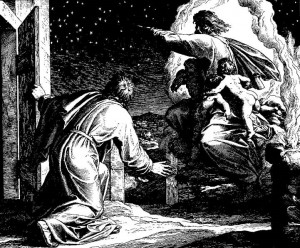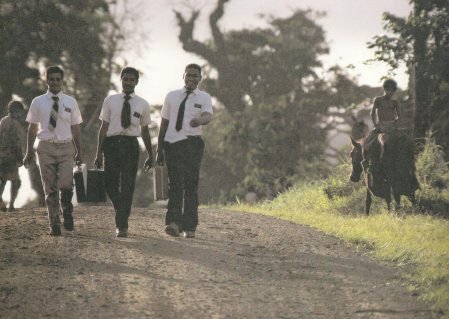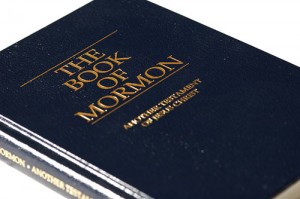Q. What happens to people who die without being taught/accepting baptism in the Church of Jesus Christ of Latter-day Saints?
Heavenly Father has prepared another chance for them to hear the gospel and choose to accept or reject it.
The official Church website explains: “Jesus Christ taught that baptism is essential to the salvation of all who have lived on earth (see John 3:5) Many people, however, have died without being baptized. Others were baptized without proper authority. Because God is merciful, He has prepared a way for all people to receive the blessings of baptism. By performing proxy baptisms in behalf of those who have died, Church members offer these blessings to deceased ancestors. Individuals can then choose to accept or reject what has been done in their behalf.”
Baptism is the first ordinance of the gospel. It is so important that even Jesus Christ asked to be baptized in order to fulfill all righteousness. Because Heavenly Father desires for us all to return to Him, He has made it possible for the dead to have the same opportunities as the living through the temple ordinances.
Some have the misconception that this temple work forces the deceased persons into covenants against their will. This is entirely false. All spirits maintain their free will after death and can opt to accept or refuse the ordinance of baptism. When a living person is baptized and receives the Gift of the Holy Ghost in behalf of a deceased person, it is only to give the deceased person the opportunity – the option of redemption.
LDS.org also reveals: “Many in the spirit world embrace the gospel. However, they cannot receive priesthood ordinances for themselves because they do not have physical bodies. In holy temples, we have the privilege of receiving ordinances in their behalf. These ordinances include baptism, confirmation, Melchizedek Priesthood ordination (for men), the endowment, the marriage sealing, and the sealing of children to parents. The Lord revealed this work to the Prophet Joseph Smith, restoring a practice that had been revealed to Christians shortly after the Resurrection of Jesus Christ (see 1 Corinthians 15:29).
Part of the mission of the Church of Jesus Christ of Latter-day Saints is to Redeem the Dead. Because of this, we participate in genealogy/family history work to find our ancestors who were not able to hear and accept the gospel while on earth. Many in my family are involved in this work because of our desire to turn the hearts of the fathers to the children and the children to their fathers as mentioned at the very end of the old testament.
I love going to the temple. There is such a special feeling that accompanies me when I’m in the House of the Lord. Doing the physical ordinances for my ancestors who have passed on is an amazing experience because I know that many of them have been waiting for hundreds of years to finally have their baptism performed. Being a part of their spiritual progression is remarkable. I know that God is merciful and mindful of each of us because He gives everyone a fair chance at accepting or rejecting the message of the gospel.

 So how does the LDS church figure in to this narrative? We’re the last chapter. Our missionaries are working all over the world sharing the gospel, teaching and baptizing people who are inheritors of this covenant. This is the spiritual
So how does the LDS church figure in to this narrative? We’re the last chapter. Our missionaries are working all over the world sharing the gospel, teaching and baptizing people who are inheritors of this covenant. This is the spiritual  The Book of Mormon is remarkable.
The Book of Mormon is remarkable.